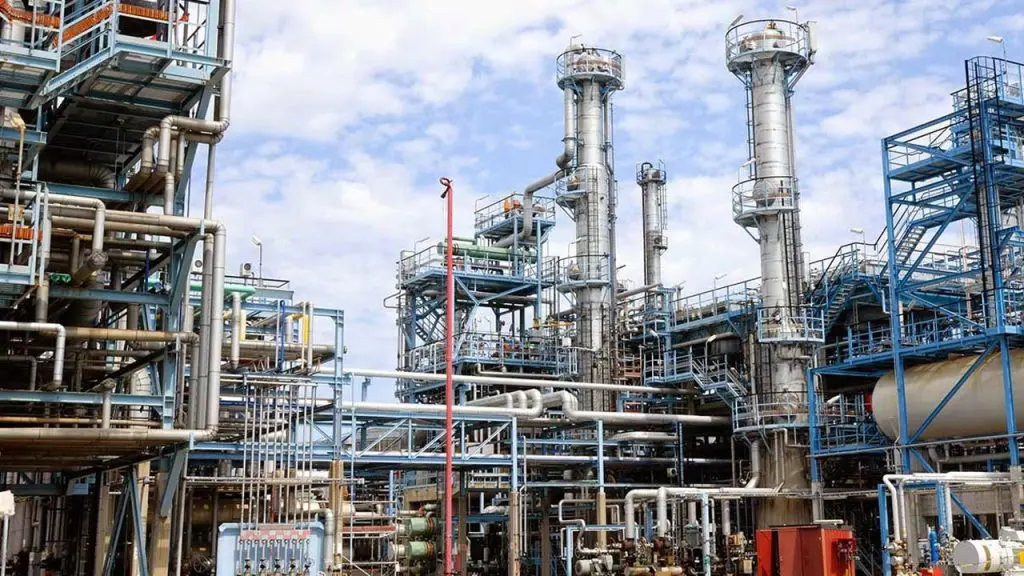The Port Harcourt Refinery, a state-owned facility in Nigeria, has reportedly halted its operations again, just weeks after resuming production. This news comes as a surprise to many, considering the refinery had recently undergone a significant $1.5 billion rehabilitation.
According to a member of the Petroleum Tanker Drivers (PTD), petrol lifting at the refinery stopped on December 13, 2024. This means that the production of fuel has temporarily ceased, and no petrol has been loaded onto tanker trucks since that date.
Tanker drivers have been waiting at the refinery’s 18-arm loading bay, hoping for the process to restart by Monday, December 23, 2024. While they remain optimistic, there is still uncertainty about when full operations will resume.
Attempts to get a response from the Nigerian National Petroleum Company (NNPC) about this shutdown have been unsuccessful. The NNPC spokesperson, Olufemi Soneye, has yet to comment on the situation.
This shutdown comes less than a month after the NNPC celebrated the resumption of petrol lifting from the refinery on November 26, 2024. After a massive $1.5 billion rehabilitation project, which started in 2021, the refinery was expected to boost the country’s fuel production capacity.
When the refinery was reopened, NNPC announced that over 200 trucks had loaded petrol from the facility. However, there were claims that only 10 trucks were loaded on the first day, and some even suggested that the products being supplied were old stock rather than freshly refined petrol.
Despite the hopes surrounding the reopening of the refinery, the uncertainty surrounding its operations continues. With the latest halt in production, it remains to be seen whether the refinery can achieve its full potential.
As the waiting game continues, Nigerians are left wondering whether the Port Harcourt Refinery will meet expectations in the coming weeks. If operations resume on December 23, 2024, as hoped, it will be a step forward for the refinery. However, if the shutdown continues, the country’s fuel supply challenges will likely persist.
With the NNPC’s silence and growing concerns over the refinery’s future, the public is eagerly awaiting more updates on this important matter.







